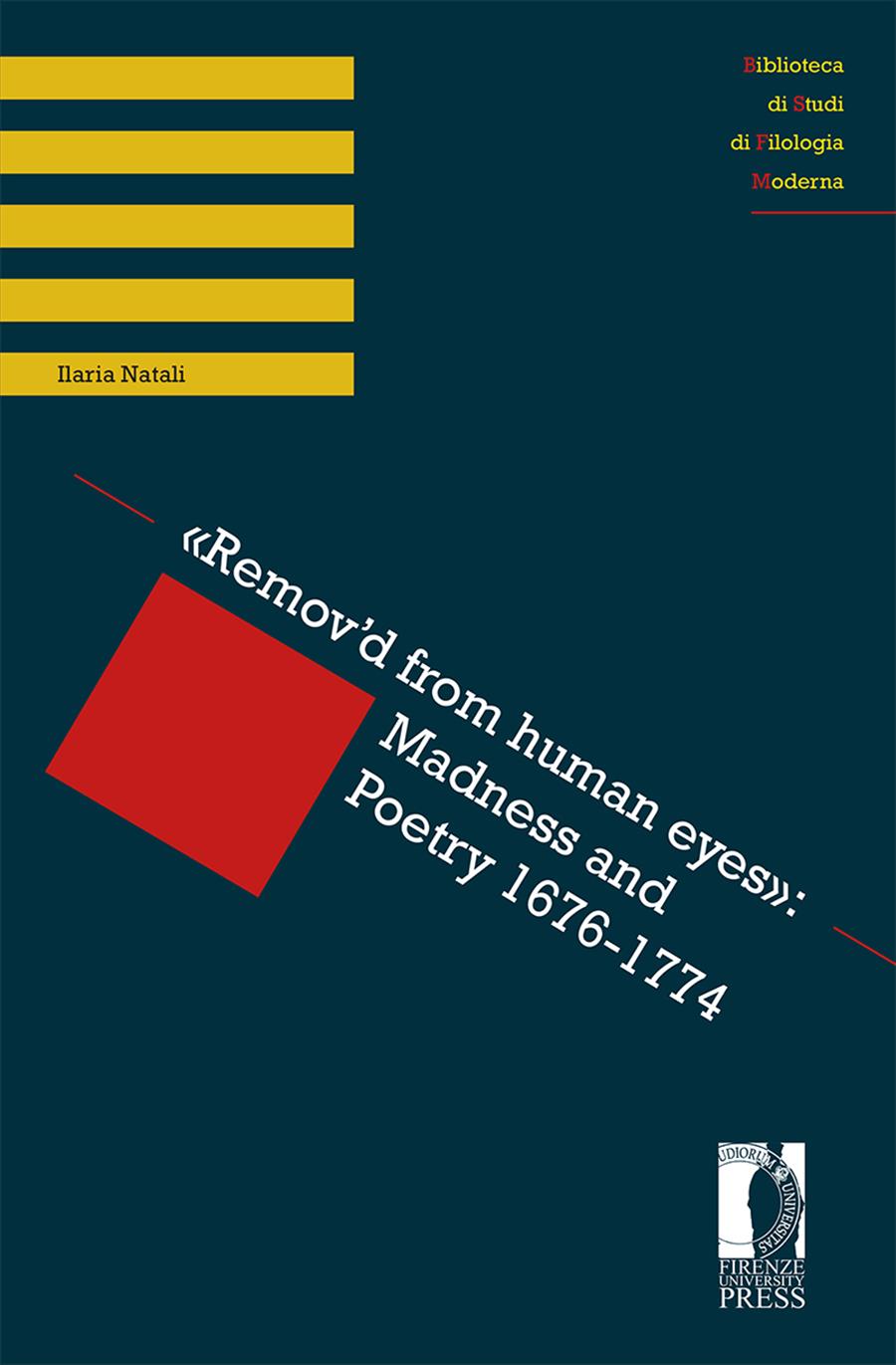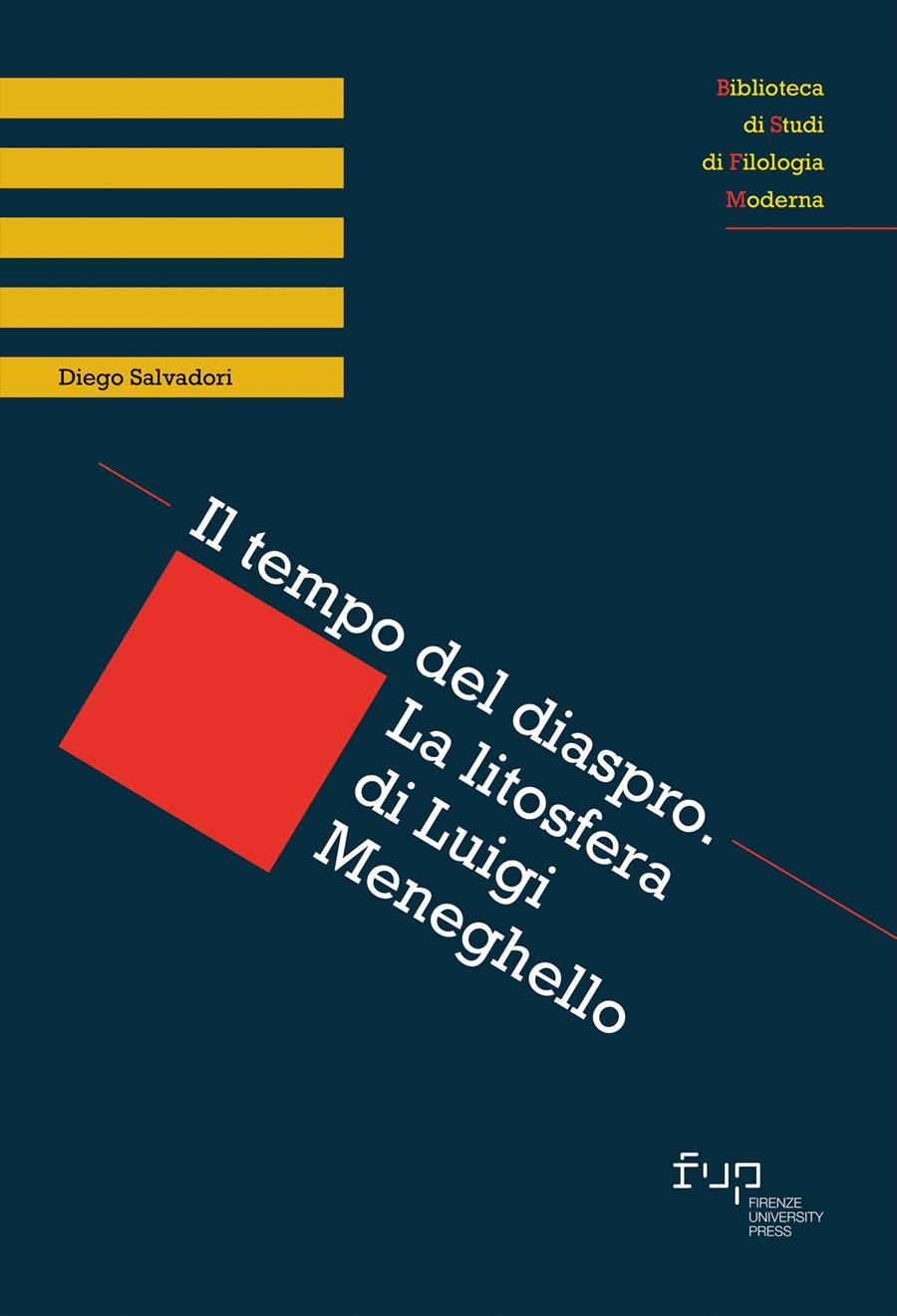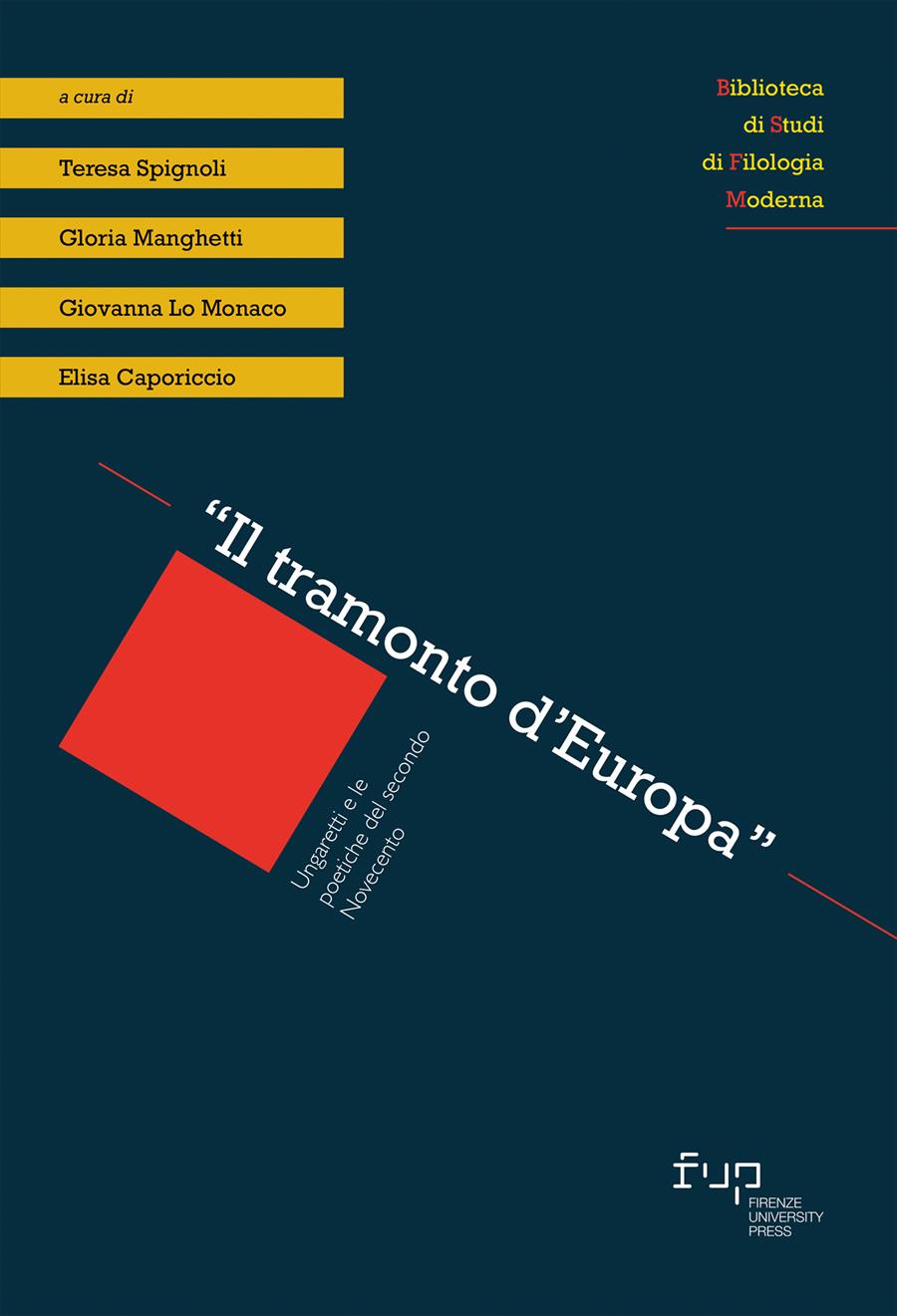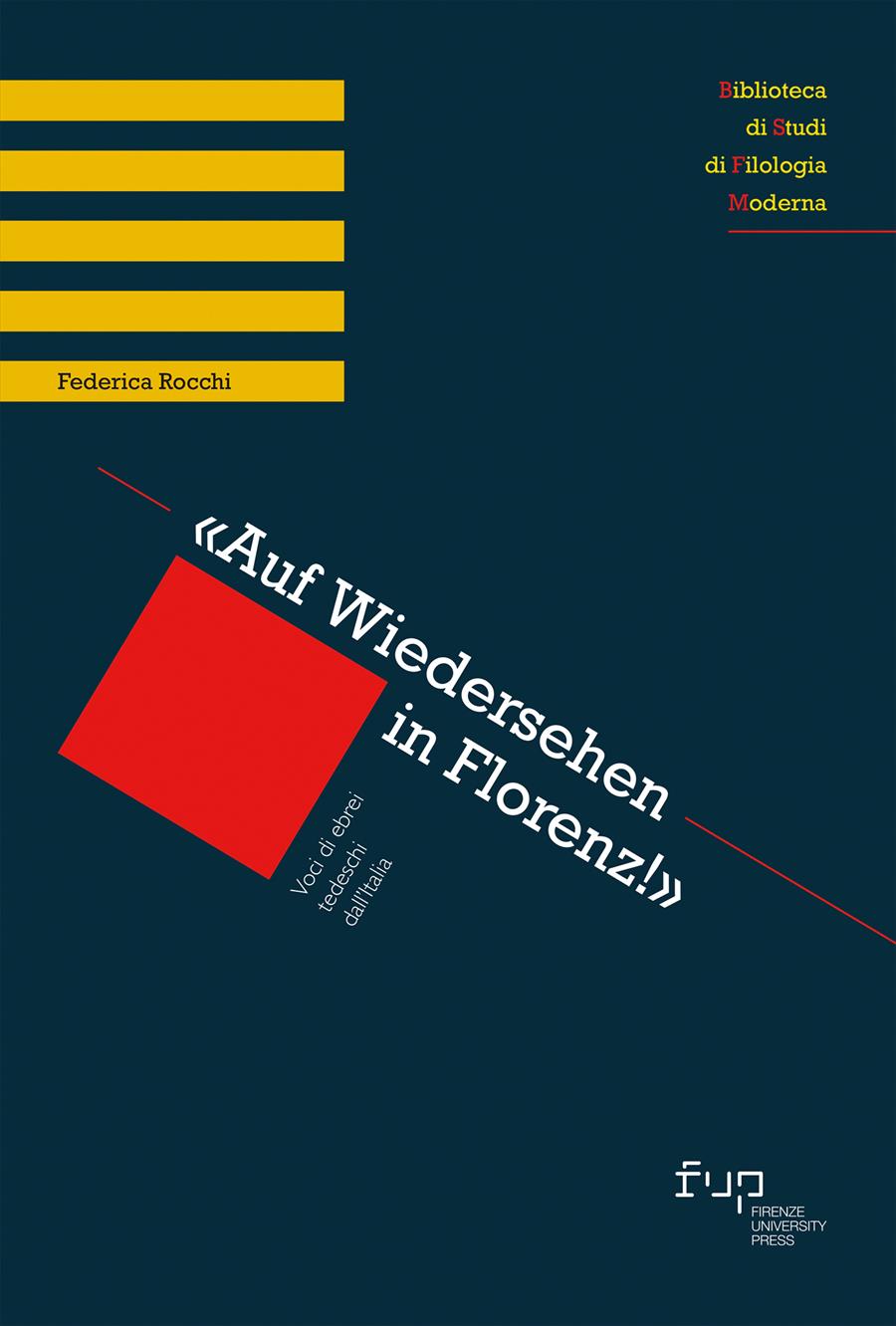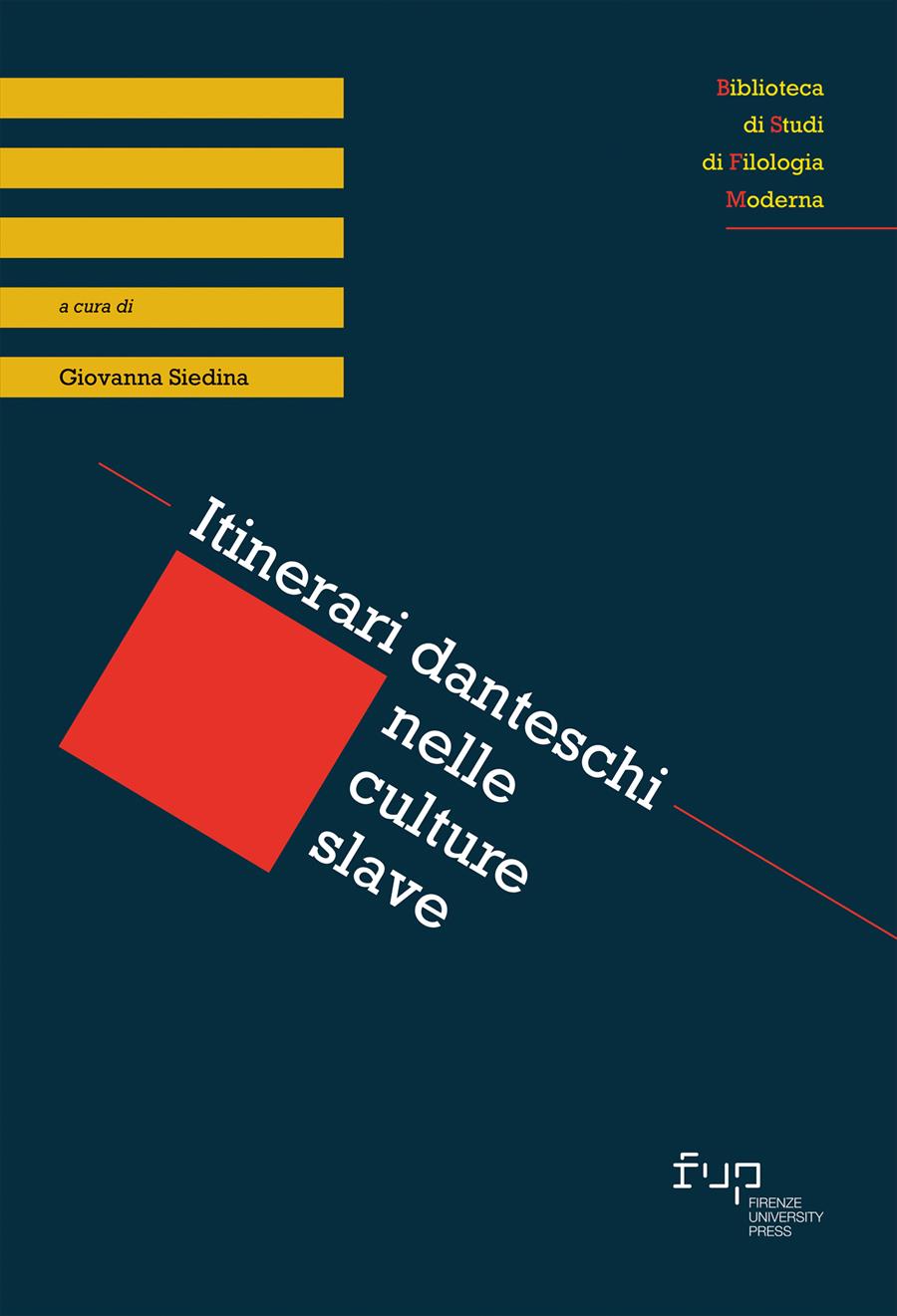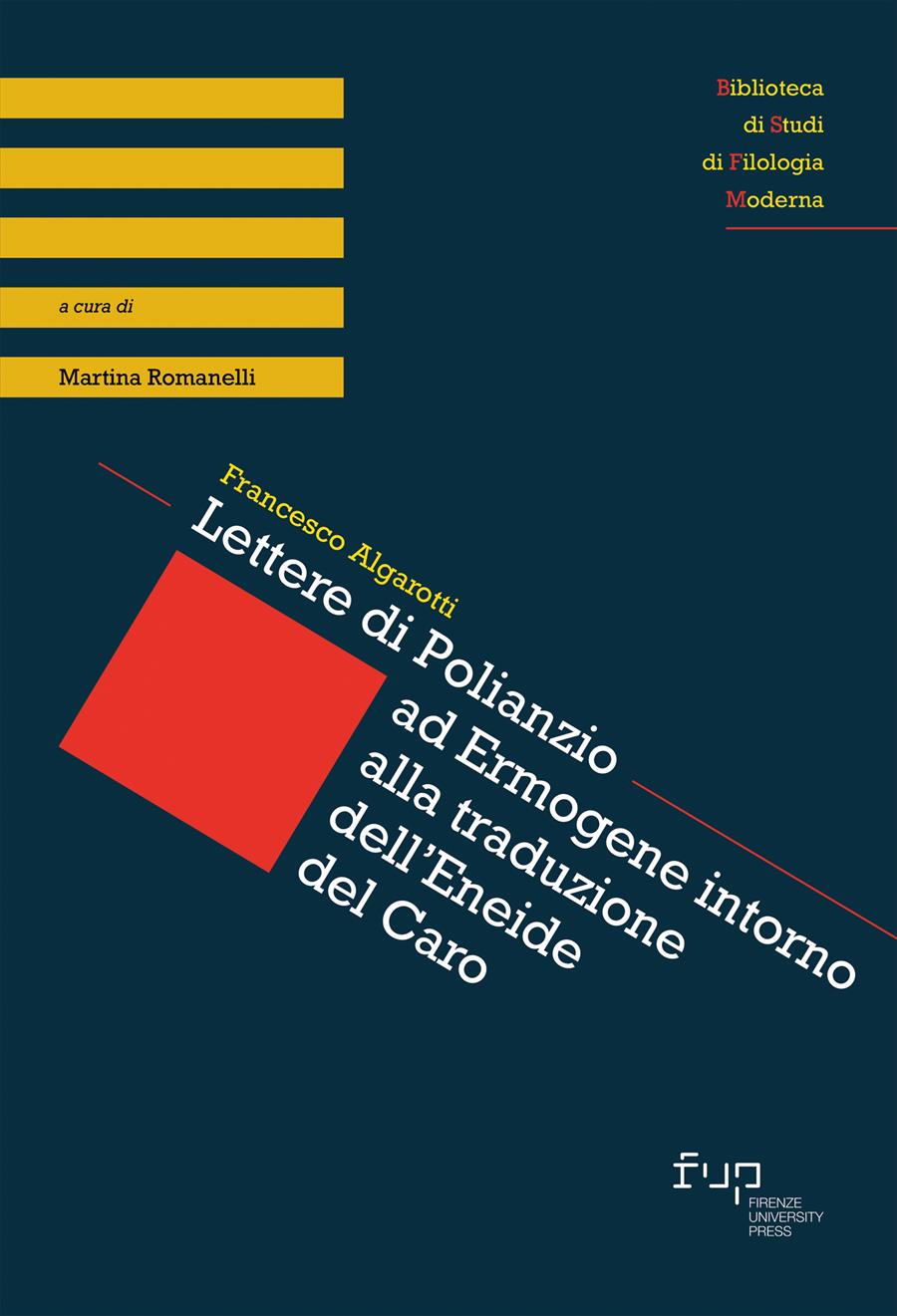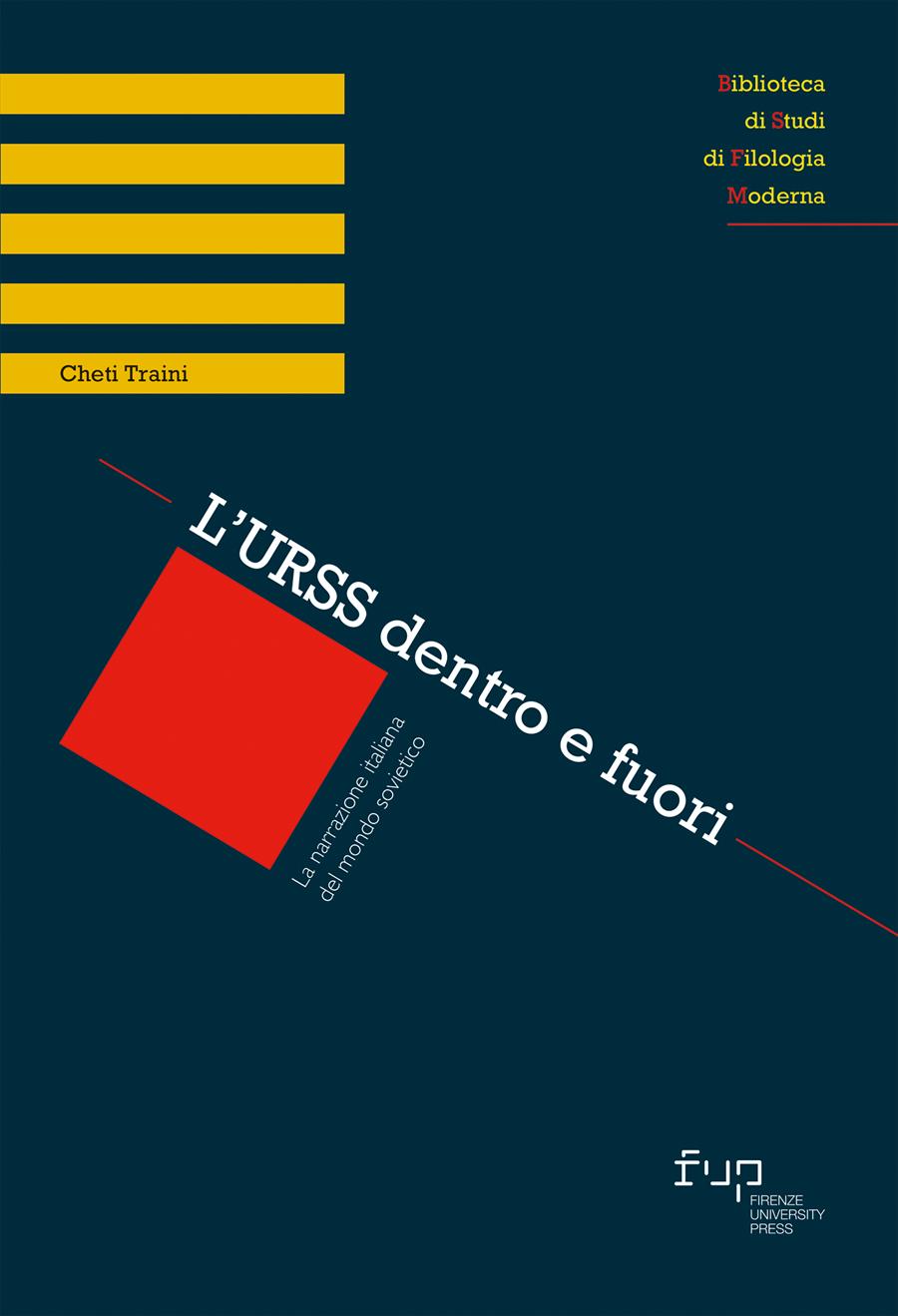«Remov'd from human eyes»: Madness and Poetry 1676-1774
- Ilaria Natali,
The years 1676 and 1774 marked two turning points in the social and legal treatment of madness in England. In 1676, London’s Bethlehem Hospital expanded in grand new premises, and in 1774 the Madhouses Act attempted to limit confinement of the insane. This study explores almost a century of the English history of madness through the texts of five poets who were considered mentally troubled according to contemporary standards: James Carkesse, Anne Finch, William Collins, Christopher Smart and William Cowper were hospitalized, sequestered or exiled from society. Their works cope with representations of insanity, medical definitions or practices, imputed illness, and the judging eye of the ‘sane other’, shedding new light on the dis/continuities in the notion of madness of this period.
- DOI: 10.36253/978-88-6453-319-3
- Series: Biblioteca di Studi di Filologia Moderna
- Scientific Board
- Language: English
- Subjects: Literature English Literature
- Download PDF
-

- © 2016 Author(s)
- CC BY-NC-ND 3.0 IT
University of Florence, Italy - ORCID: 0000-0003-4484-7994
- Publication Year: 2016
- Pages: 272
- eISBN: 978-88-6453-319-3
- Content License: CC BY-NC-ND 3.0 IT
- © 2016 Author(s)
- Publication Year: 2016
- eISBN: 978-88-9273-241-4
- Content License: CC BY-NC-ND 3.0 IT
- © 2016 Author(s)
Bibliographic Information
Book Title
«Remov'd from human eyes»: Madness and Poetry 1676-1774
Authors
Ilaria Natali
Peer Reviewed
Publication Year
2016
Copyright Information
© 2016 Author(s)
Content License
Metadata License
Publisher Name
Firenze University Press
DOI
10.36253/978-88-6453-319-3
eISBN (pdf)
978-88-6453-319-3
eISBN (xml)
978-88-9273-241-4
Series Title
Biblioteca di Studi di Filologia Moderna
Series E-ISSN
2420-8361
